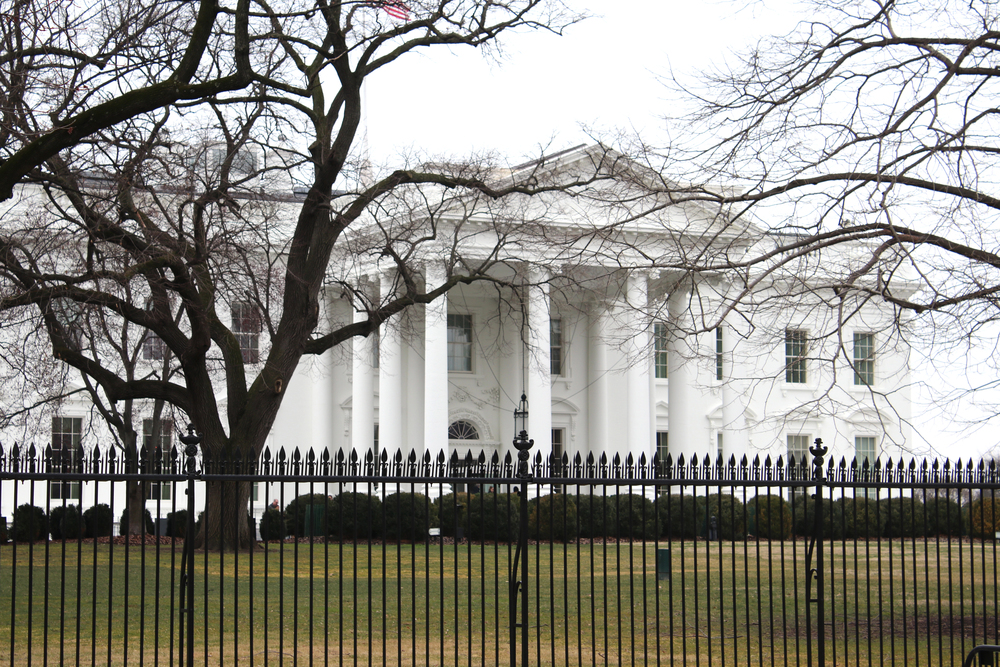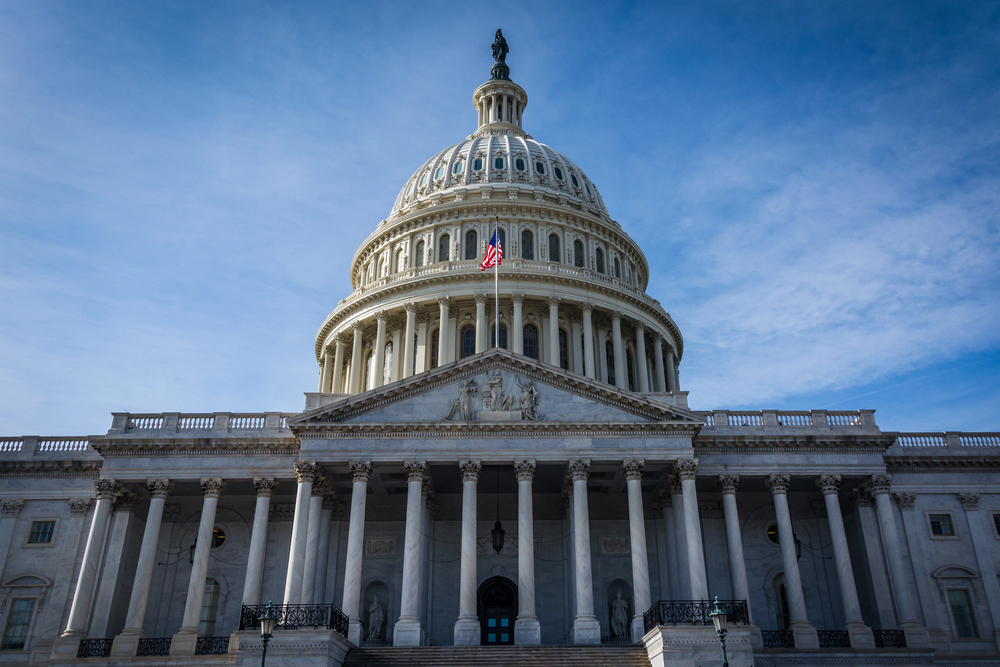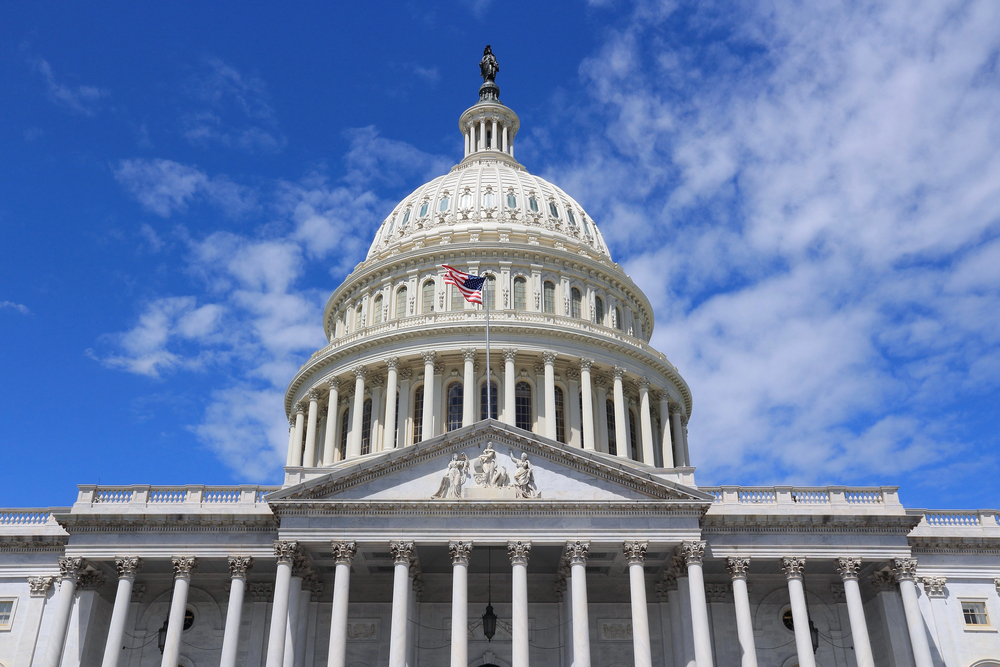Federal Reserve Releases Standards for Insurers
By: Jennifer Webb
Last week, the Federal Reserve released an initial draft of capital rules for insurance companies under its regulatory authority. Under the proposal, some insurers will have to comply with heightened capital standards.
Dodd-Frank gave the Federal Reserve authority to oversee “too big to fail” insurance companies deemed “systemically important financial institutions” (SIFIs). To date, only two insurers—AIG and Prudential—have been labeled as SIFIs, and both companies remain subject to rigorous state oversight. The Federal Reserve also has limited authority over roughly a dozen insurance companies organized as thrift-holding companies.
The new rules will require insurers deemed SIFIs to hold more capital. The Federal Reserve has proposed a regulatory approach that categorizes assets and liabilities based on potential risk. Then, activities on the balance sheet that pose higher risks will require more capital to be held against them. Under a separate proposal, SIFIs would also have to comply with new corporate governance and risk management standards.
For the other insurers the Federal Reserve oversees, the draft proposal requires less stringent capital requirements, as generally these firms engage in less complex and systematically connected financial activities. The Federal Reserve has deemed this method a “building block” approach in which it would aggregate the capital across a firm’s different units to calculate a single requirement.
The proposed two-part framework for different types of insurance companies “reflects the different risks they pose to the safety and soundness of depository institutions and to the financial system more generally,” said Daniel Tarullo, Federal Reserve Governor, in a statement. The Federal Reserve is now accepting comments on the proposal.
So far, insurer response to the Federal Reserve’s proposal has been relatively positive. However, there is concern that federal regulatory efforts and standard setting at the international level could lead to erosion of the state-based system, market consolidation and an uneven playing field for insurance companies—leading to fewer markets for independent agents.
The Big “I” believes any proposal should respect current solvency rules and the state-based system of insurance regulation, which has protected consumers and promoted competitive insurance markets for more than 150 years.
Jennifer Webb is Big “I” federal government affairs counsel.










